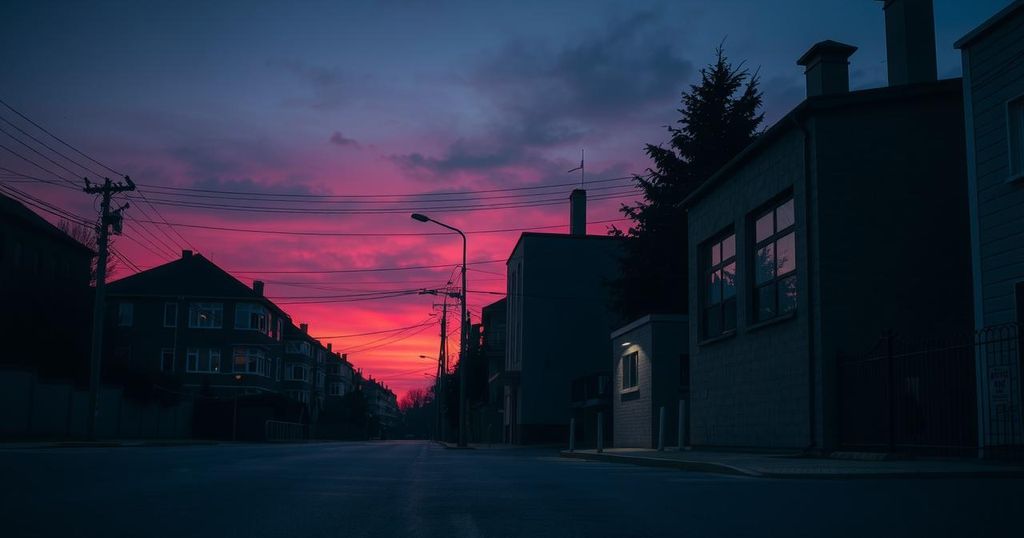Following deadly riots in Juba over allegations of killings by Sudanese military forces, South Sudan has enacted a nationwide curfew from 6 p.m. to 6 a.m. Police report at least three fatalities and several injuries due to violence aimed at Sudanese nationals. The government is taking measures to ensure safety while addressing the underlying tensions caused by these events.
South Sudan’s police have implemented a nationwide curfew commencing at 6 p.m. (1600 GMT) following a night of violent protests in the capital, Juba. This unrest was triggered by allegations concerning the killing of South Sudanese individuals by the military and affiliated groups in Sudan. Police Chief Abraham Peter Manyuat announced this curfew will persist until further notice, aiming to restore security and protect property rights.
In an unfortunate turn of events, the disturbances resulted in the deaths of at least three individuals while injuring seven others. Many of these casualties occurred due to gunfire and machete attacks as looting and vandalism erupted across various neighborhoods where traders of Sudanese descent were targeted. In Aweil, close to the Sudanese border, authorities reported the destruction of residences belonging to Sudanese citizens.
To mitigate potential risks, police forces have been mobilized throughout Juba, urging Sudanese civilians to relocate to safer areas. This proactive response followed the violent outburst, which stemmed from the alleged targeting of South Sudanese people by Sudanese military forces in Wad Madani. On Tuesday, Sudan’s army denounced these accusations as instances of “individual violations,” despite criticism from human rights organizations.
The situation prompted South Sudan’s Foreign Ministry to summon the Sudanese ambassador to discuss these grave allegations, signaling escalating diplomatic tensions. Meanwhile, South Sudan’s President, Salva Kiir Mayardit, urged for a calm response, stressing the importance of not allowing frustration to misdirect public sentiment towards innocent Sudanese traders and refugees currently residing within the nation.
The unrest in Juba highlighted the volatile relationship between South Sudan and Sudan, particularly regarding ethnic tensions and alleged military abuses. Following reports of the killings in Sudan, it became critical for South Sudanese authorities to maintain order and protect vulnerable populations within their borders. The government’s swift reaction, including the imposition of a curfew, reflects the heightened risk of further violence amidst community grievances. Such measures aim to reassure the Sudanese diaspora residing in South Sudan that their safety is a priority, while navigating complex diplomatic relations.
The enactment of a nighttime curfew by South Sudanese authorities underscores the urgent need to address rising tensions following violent protests in Juba. The reported unrest, incited by allegations of killings by Sudanese military forces, has markedly strained relationships across the borders. It is essential for leaders in both nations to foster dialogue and understanding to prevent further conflict and safeguard their communities from unnecessary strife.
Original Source: www.arabnews.com






